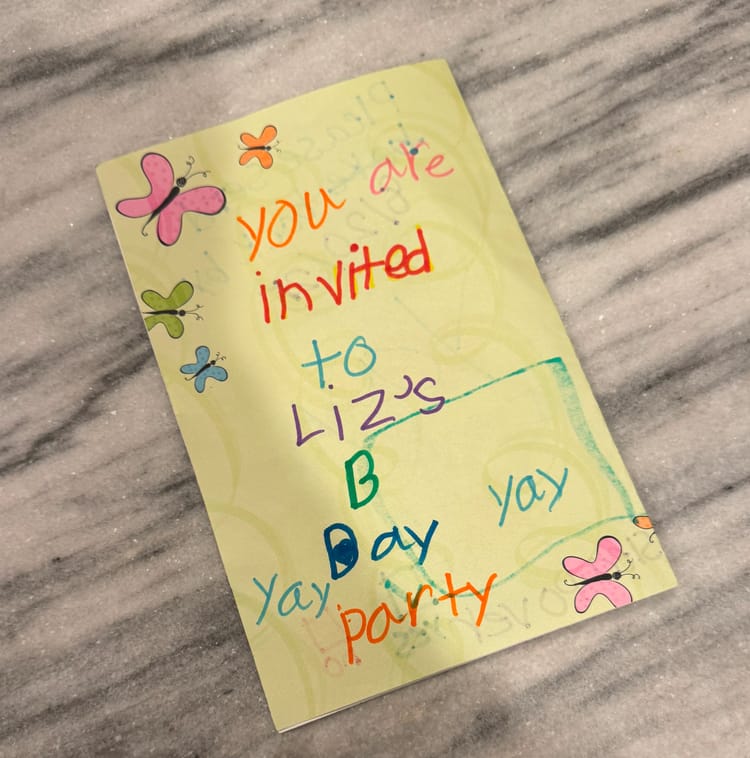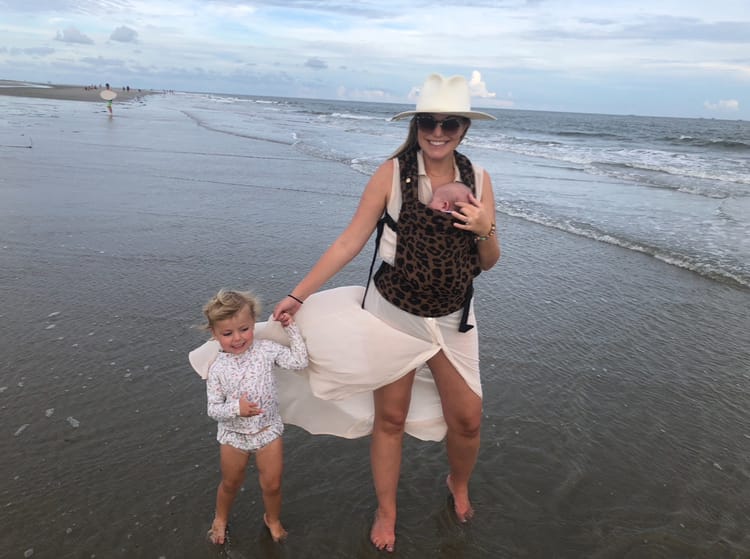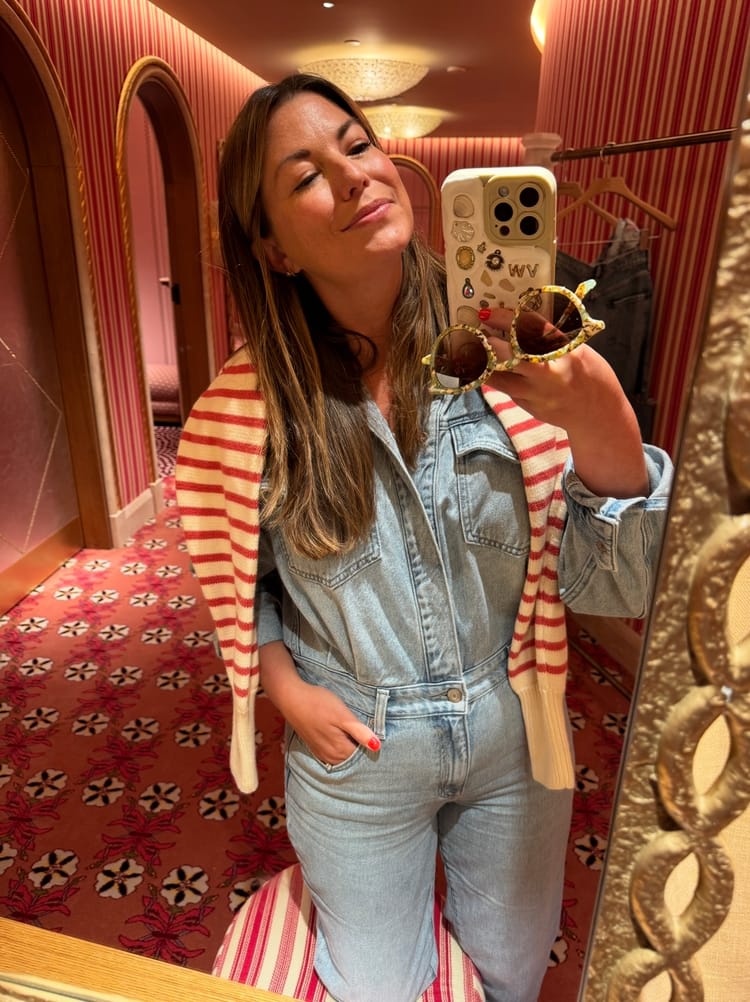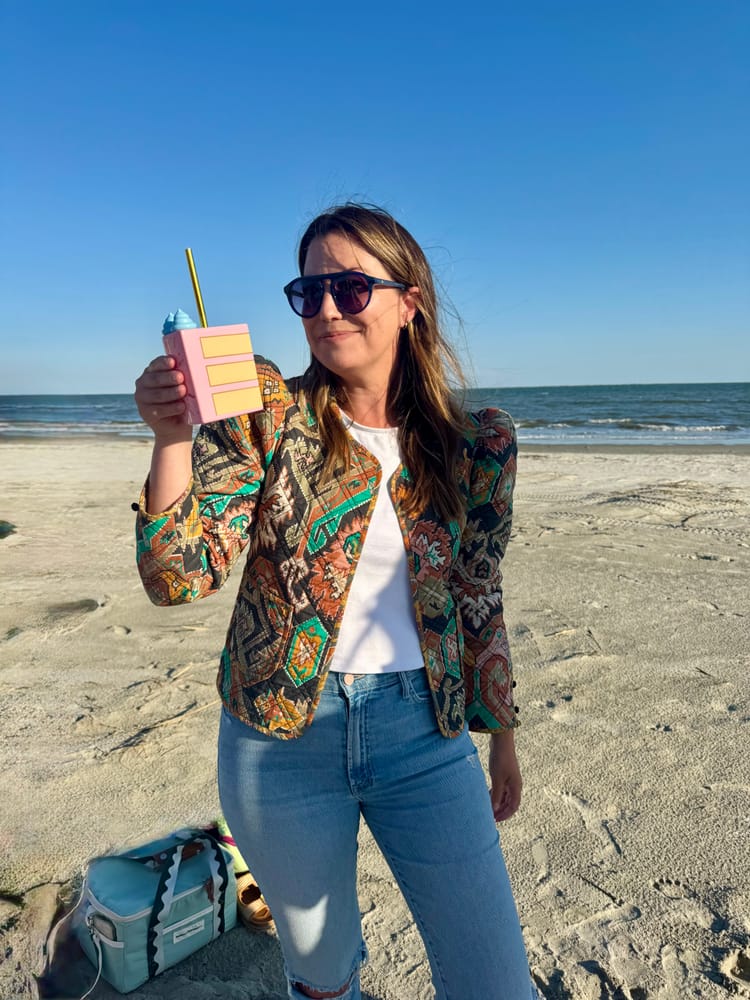3 things that filled my hope cup this week
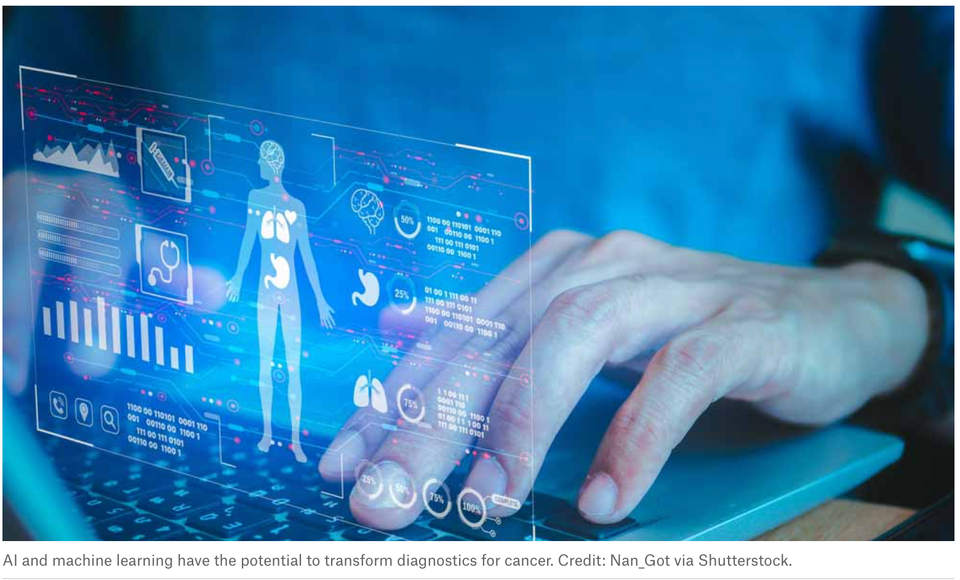
Over the past 5 years I have gotten a first hand view of the complexities and challenges that lie in having a rare disease. The business of medicine in a huge one, so focusing on the biggest problems at hand are going to get the most researchers and funding (not just from a capitalistic grab, you can help more people when targeting these huge issues, but there’s a good bit of capitalism there too.) Education and private fundraising are so vital for disorders that affect a smaller majority of people (Henry’s for instance affects 1 in 100,000 in North America and Europe and even within those living with the disorder itself, the range of symptoms in vast) but even then the odds feel insurmountable. Or should I say felt insurmountable. A few years ago having a few researchers studying decades of data on issues like BBS was the norm. Flash forward into the very real future of now, technology is emerging that can take those case files and studies and put them into a large language model as an aid to those time strapped physicians to find patterns and hypothesize solutions. This is where I get straight up giddy friends.
1998 me would be horrified to have a diary of my thoughts online and 2024 me is like can I please send you more???
Here are the top three things I read and watched that gave me a good dose of hope this week:
My key takeaways from the sensationally titled “AI Is Revolutionizing Oncology With a Quantum Leap in Cancer Treatment” are as follows in no particular order:
There are 20 FDA-approved AI models for mammography screening as of June 2023.
An AI system that surpasses human doctors in spotting more than 50 eye diseases using 3D scans1
Using large sets of patient data, AI can potentially identify patients at higher risk for specific types of cancer, such as breast and skin cancer, because of family history, obesity, exposure to workplace hazards, or other health factors, allowing for early screenings
This video summarizes the efficacy of personalized cancer drugs vs the current blanket approach of chemotherapy muchhhh better than I could have (love when that happens.) However the comment section brought out the conspiracy theorists on how we should be using CBD and good water and dear Lord if the comment sections aren’t a birds eye view of modern life idk what is.)
Another great one from the above video creator discusses how a drug was able to go to trial that was previously deemed impossible thanks to AI.
While there is SO much complexity to this narrative and the intersection of machine learning and medicine- per usual I like to look at the positives and not creep too much in the scarier side of the “what ifs” (companies rushing past protocols to be the winners in the AI race, the job loss in health care researchers, etc). When I think about what the future looks like for Henry and others facing rare challenges, if I feel even 5% more hopeful, it’s worth it.
I hope you have a fan-freaking tastic rest of your week my friends. We are on the downhill slide of this murky month (and look at us- we are surviving! go team!) and I for one am grateful for that :)
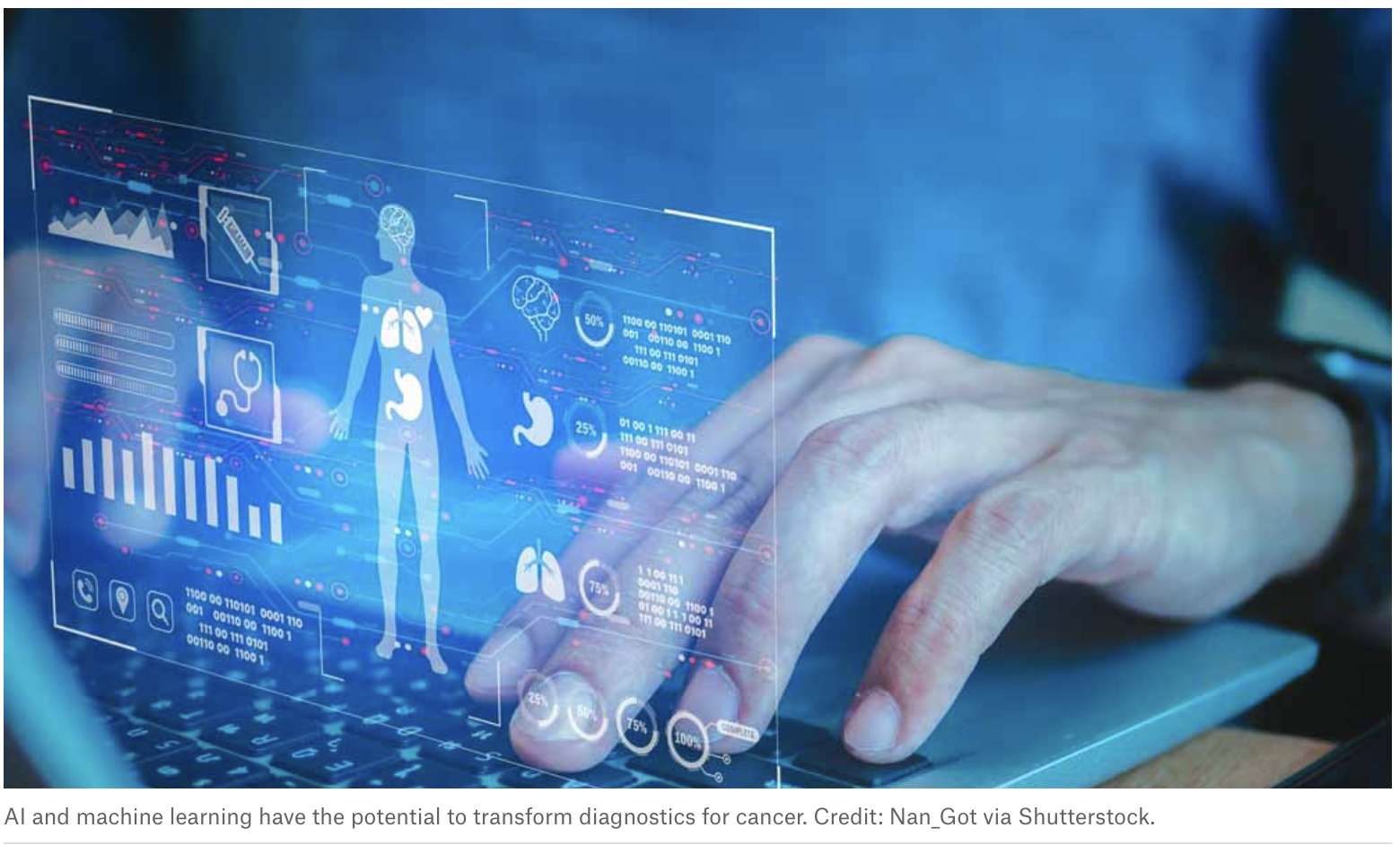
I don’t love the “surpasses human doctors” biline because that can give the tone of this will “replace” doctors. I think QUITE the contrary. I think having tools and aids like this will drive more driven individuals into the medical field. Our rising population and growing median age have driven such a demand to medicine that there is no way our doctors can keep up. So please, promise me you’ll read past those lines and think of them as tools not terrorists to the medical field, k???? :)))))))))))) ↩

